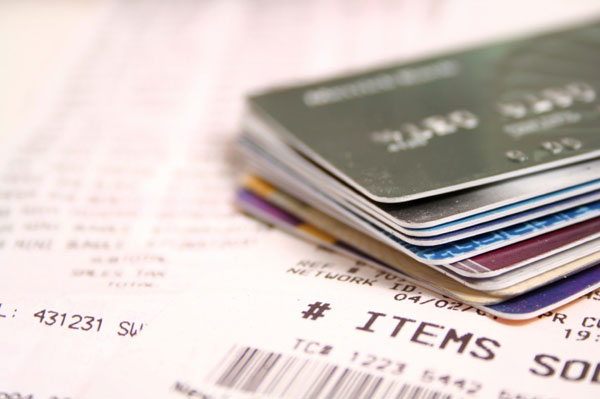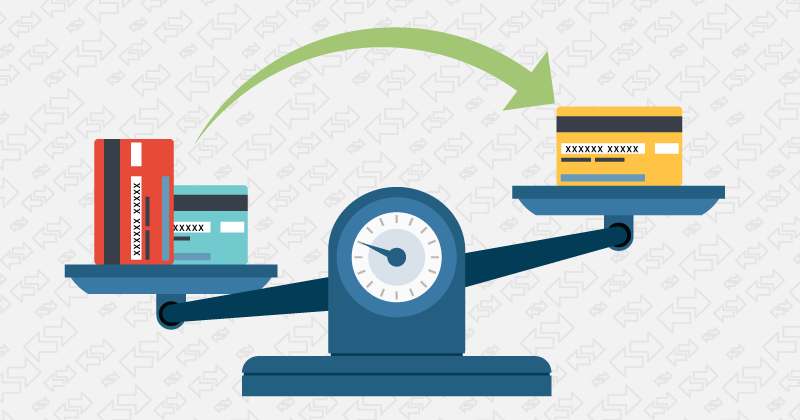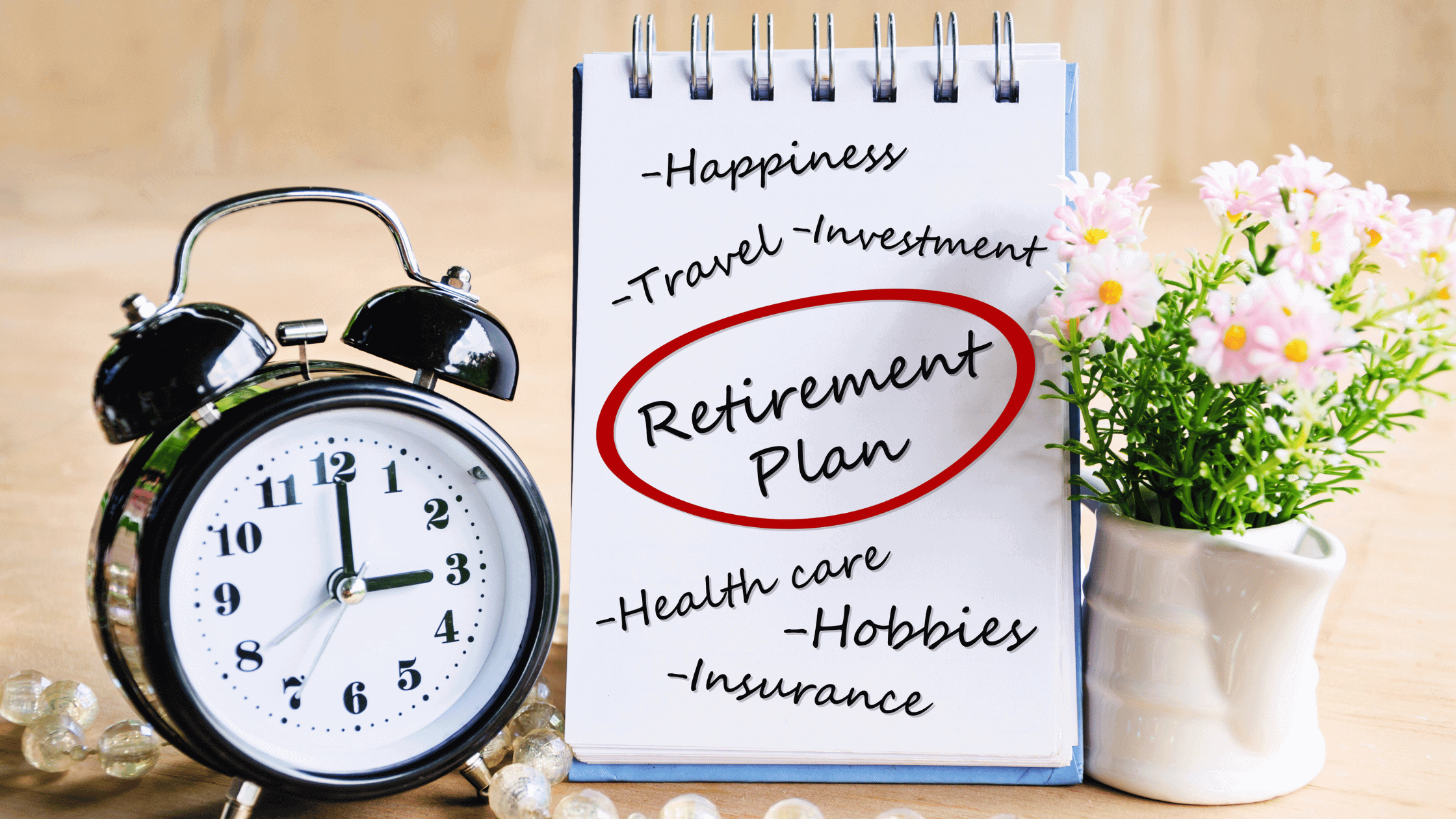Managing Credit Cards During Tough Times: Smart Strategies for 2024
Credit cards can be a lifeline during difficult financial times—if used wisely. However, in an…

Credit cards can be a lifeline during difficult financial times—if used wisely. However, in an uncertain economic climate, such as what we’re facing in 2024, credit card debt can quickly become overwhelming. With rising inflation and the cost of living increasing, more people are relying on credit to cover daily expenses – leading to financial strain.
It’s essential to understand that credit cards are a tool, not a solution to long-term financial issues. If managed well, they can offer flexibility and convenience. But if they replace your emergency savings or become a crutch, they can lead to financial trouble. In this guide, we’ll explore how to manage credit cards during economic challenges and avoid unnecessary debt while keeping your credit intact.
When Times Are Tough: Contact Your Credit Card Company
If you’re facing financial hardship, such as job loss or reduced income, the first step is to contact your credit card company. Many issuers offer payment relief options for customers in difficult situations. These can include deferring payments, waiving late fees or creating an affordable payment plan that helps you stay on top of your debt.
In 2024, as many people continue to recover from the economic impacts of the pandemic and rising inflation, credit card companies are increasingly willing to work with you. The key is to be proactive. Avoiding communication with your lender can lead to collections or damage to your credit score. As long as you’re in contact and sticking to an agreed-upon plan, you’re more likely to repair your credit in the long run.
Why You Should Call Your Lender
Here are a few benefits of calling your credit card company:
- Payment Deferrals: Many companies allow you to temporarily pause payments without incurring penalties.
- Lower Interest Rates: In some cases, your lender might lower your interest rate to make payments more manageable.
- Custom Payment Plans: Based on your financial situation, you can request a tailored payment schedule that fits your current income.
The sooner you reach out – the more options you’ll have to manage your debt effectively.
Overcoming the Fear of Contacting Your Creditors
It’s natural to feel hesitant or even embarrassed about contacting your credit card company, but don’t let that stop you. Credit card companies have an incentive to help you through tough times—they want to keep you as a customer. They don’t make money if you default or if your financial situation worsens to the point of bankruptcy.
While it may feel daunting, most credit card companies are staffed with representatives who are trained to help people in financial distress. The goal is to ensure you can stabilize your situation and eventually resume regular payments, which benefits both parties. Remember, happy customers become long-term customers, and that’s ultimately what the credit card company wants.

Steps to Take If You’ve Lost Your Job
If you’ve recently lost your job, you may be eligible for more targeted assistance from your credit card provider. Some cards offer job loss protection, which temporarily covers payments in case of unemployment. You’ll likely need to provide documentation, such as proof of your job loss or unemployment benefits.
Here’s what you should do if you’re unemployed and need help with your credit card debt:
- Check Your Credit Card Terms: Look for provisions related to job loss protection or hardship relief.
- Gather Documentation: Have proof of your unemployment ready. This might include your severance letter or unemployment benefits statement.
- Contact Your Lender: Explain your situation and ask about options for payment deferrals, lower interest rates, or even temporarily freezing your account.
Many credit card companies now offer hardship programs specifically designed for those impacted by economic downturns or job loss. Make sure to ask about these programs.
Proactive Financial Strategies: Preparing Before a Crisis
If you’re still employed but concerned about your financial stability, now is the time to prepare. A key tip is to consider unemployment insurance for your credit card. This is separate coverage you purchase when times are good. It can help you if you lose your job by making payments on your behalf for a limited time.
Here are some proactive steps to take:
- Build an Emergency Fund: Aim to save at least 3-6 months of expenses to reduce your reliance on credit cards in tough times.
- Consider Unemployment Insurance for Credit Cards: Some credit card issuers offer this as an additional service. While you pay for this insurance, it can provide peace of mind if the unexpected happens.
- Limit Credit Card Usage: Try to reduce your dependency on credit cards for daily expenses. This helps prevent the buildup of unmanageable debt.
- Pay Down Existing Debt: If you have the means, pay down high-interest credit card debt now to give yourself more financial breathing room later.
By taking these actions, you’ll be better prepared for any potential financial disruptions and less likely to rely on credit cards as a lifeline.
The Importance of Acting Now
In uncertain times, it’s essential to take control of your financial situation as early as possible. Waiting to act only worsens the situation. The sooner you reach out for help, the more options you’ll have for minimizing damage to your credit and reducing long-term financial stress.
Credit cards can be helpful in a pinch, but they shouldn’t be your only solution. Managing debt wisely, communicating with your creditors, and preparing for potential job loss are critical steps in protecting your financial future.
Final Thoughts: Take Control of Your Financial Future
Navigating financial hardship can be overwhelming, especially when debt is involved. But by staying proactive, reaching out to your credit card company, and understanding your options, you can mitigate the impact on your finances. Whether you’re currently employed or dealing with job loss, it’s crucial to stay informed, seek help when needed, and protect your credit for a better financial future.
The key to successfully managing credit cards during tough times is open communication, practical planning, and taking advantage of any relief programs your credit card issuer may offer. Don’t wait—take action today to safeguard your financial well-being.








